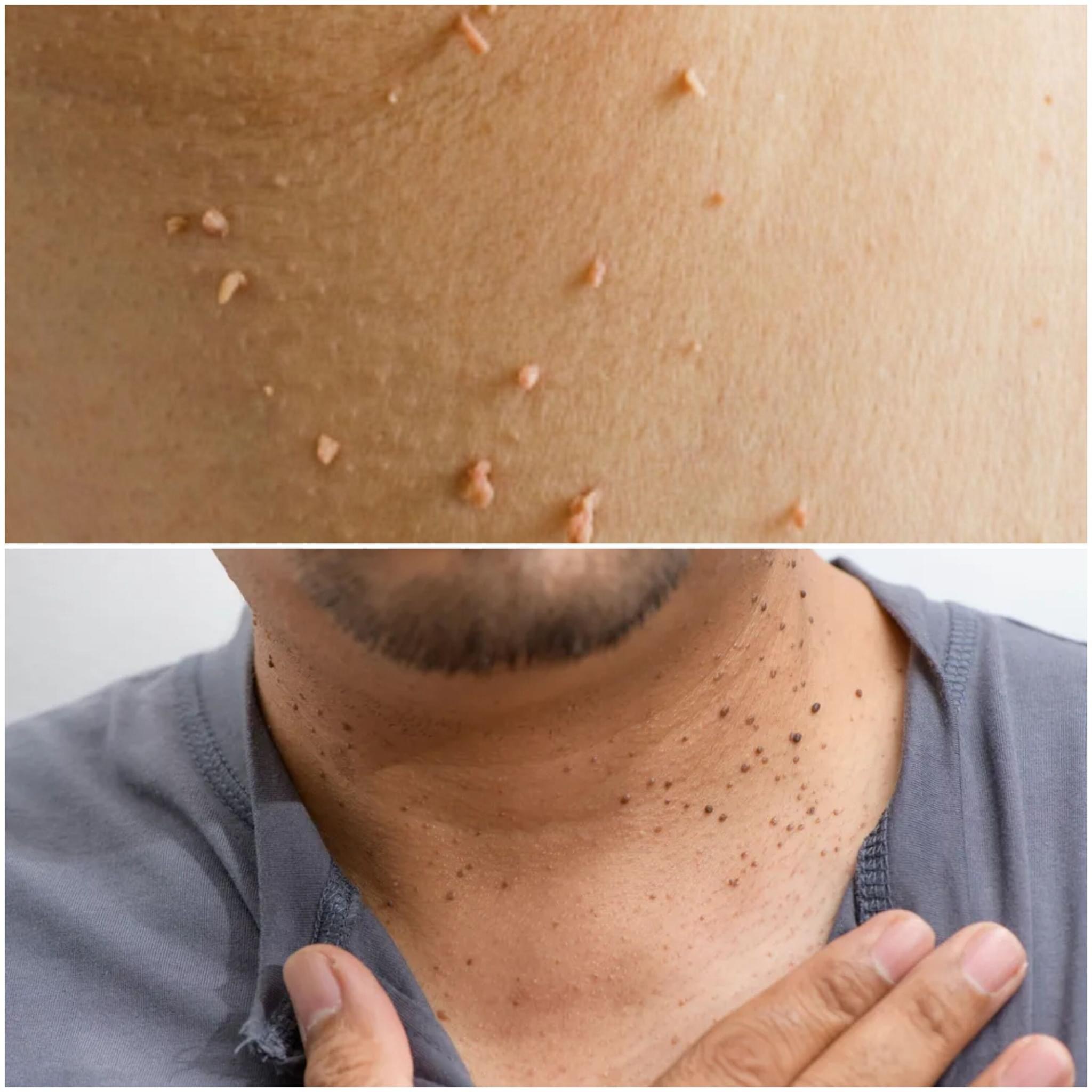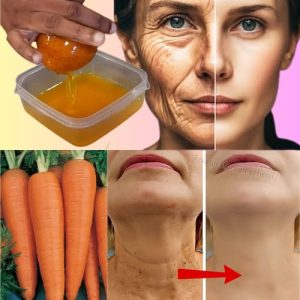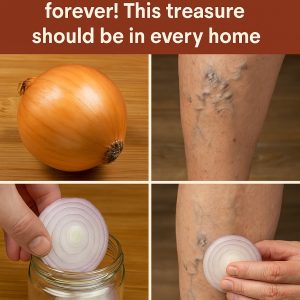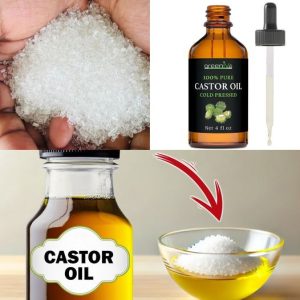
Dealing with skin tags and plantar warts can be quite bothersome. But don’t worry, there are several home remedies you can try in the comfort of your home to potentially clear them up overnight. Here’s a friendly guide to simple, accessible treatments that may help alleviate these common skin issues.
Understanding Skin Tags and Plantar Warts
Firstly, it’s helpful to know what you’re dealing with. Skin tags are small, soft, skin-colored growths that commonly appear on the neck, armpits, and other creases of the body. They’re harmless but can be annoying. Plantar warts, on the other hand, are hard growths that usually appear on the heels or balls of your feet. They can be painful due to their location but are generally harmless.
Home Remedies to Try
Tea Tree Oil
How to Use: Apply a drop of tea tree oil directly on the skin tag or wart and cover it with a bandage overnight. It has natural antiseptic properties that might help dry out the growths.
Note: Always dilute the oil with a carrier oil like coconut oil if you have sensitive skin.
Apple Cider Vinegar
How to Use: Soak a small cotton ball in apple cider vinegar, place it on the affected area, and secure it with a bandage. Do this nightly before bed.
Why It Might Work: The acidity of apple cider vinegar is believed to help break down the tissue of skin tags and warts, causing them to eventually fall off.
Garlic
How to Use: Crush a garlic clove to form a paste and apply it to the wart or skin tag. Cover it with a bandage overnight and wash it off in the morning.
Benefits: Garlic has antiviral and antifungal properties, which can be effective against the virus causing plantar warts.
Banana Peel
How to Use: Place a small piece of banana peel over the wart or tag with the inside part touching the skin. Secure it with a bandage overnight.
Rationale: Banana peels contain natural enzymes and acids that may help wear away the growth.
Things to Keep in Mind
While these remedies are generally safe, it’s important to monitor the skin for any irritation or adverse reactions. If you notice any redness, swelling, or increased discomfort, it’s best to discontinue use and consult a healthcare provider.
Finally, while these methods may work for some, they aren’t guaranteed and results can vary. For persistent problems, it may be necessary to seek professional treatment options. Always approach home remedies with a bit of patience and optimism, and remember, the simplest solutions are sometimes the most effective!





